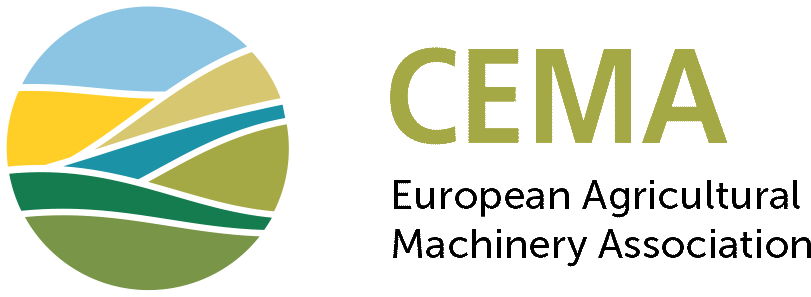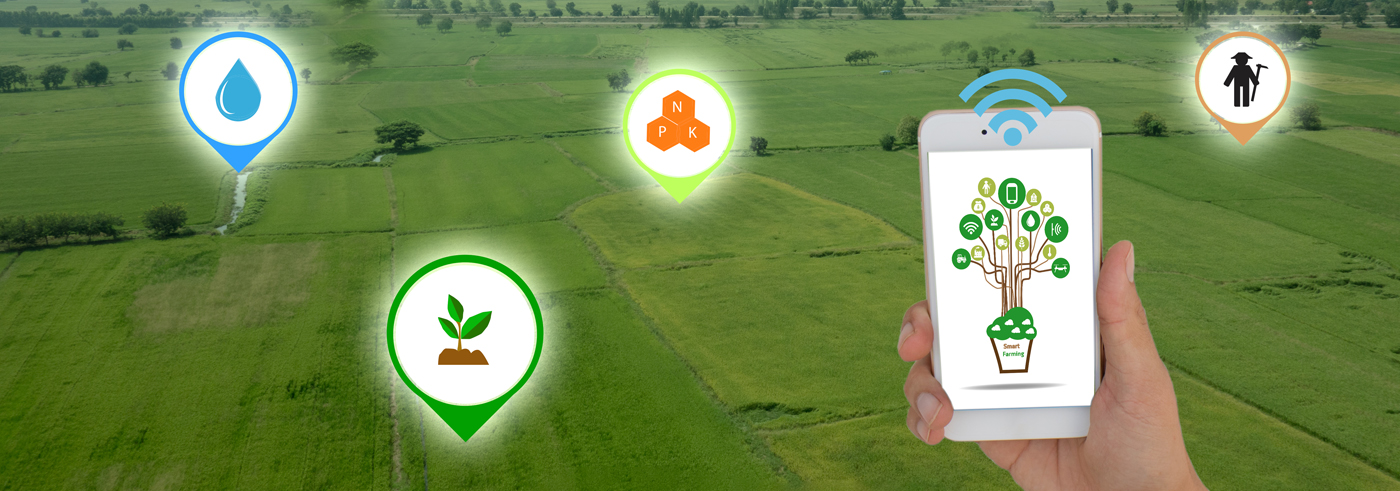The European Strategy for Data of February 2020 aims to establish a Single Market for data, where data can flow between countries and sectors. A Common European Agriculture Data Space is one of the data spaces identified in this strategy.
A webinar from DG AGRI and DG CNECT on 2 December 2021 provided details of a preparatory action for the data space for agriculture to be implemented through a Coordination and Support Action (CSA) that will explore possible options and conceptual approaches for the future deployment of this data space involving stakeholders and Member States.
The coordination and support action with deadline for submission on 22 February should provide:
- An inventory of existing platforms sharing data relevant for agriculture (public and private);
- A proposed design approach based on scenarios with corresponding business models;
- A multi-stakeholder governance scheme specific to the sector;
During a networking session, presentations were given from stakeholders presenting their views on how they would like to become involved in the development of the Common European Agriculture Data Space. CEMA and AEF also made their case with the industry initiative AgIN. With this initiative the agricultural machinery industry wants to contribute to structuring the many ongoing developments/ initiatives/ architectures, maintain legal compliance with connected products, and extend its build-up knowledge and expertise over a period of 15 years from proven concepts to the level of digital platforms.
The overall vision is to provide a sustainable and industry quality matching interoperability structure, to connect the multi coloured online platforms through harmonized technologies. More precisely, a coordinated and non discriminatory governed network would be developed ensuring reliability and trust of the services in the network between agricultural software providers. This would enable them to streamline peer–to-peer interfaces to other platforms and enable their customers to use their data in any ag platform of choice.
Besides the network ensuring trust and reliability through well known AEF security and conformance measures, two other important core elements are considered: the development of use case solutions and a contract framework offering simplified contracting for the participants in the network.
Such network should allow in-field data exchange, can facilitate edge computing, will keep the freedom of innovation and could also link governments systems. We fully keep our support to the ‘Code of conduct on data sharing by contractual agreement’. Within the network, farmers’ rights could be embedded in the specifications for a use case and the services related to them.
With this initiative, we are fully committed to support the development of a common agricultural data space. Furthermore, the use cases embedded in such trustworthy reliable architecture can facilitate an ‘Agriculture of Data’ within the agricultural production processes allowing policy monitoring and evaluation in relation to the green deal and farm to fork strategies.







